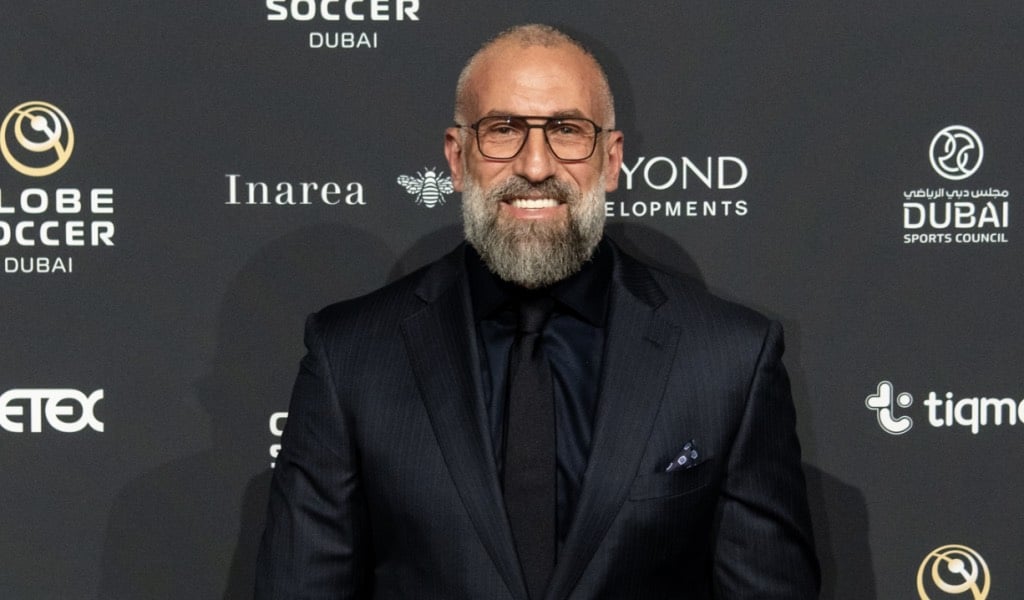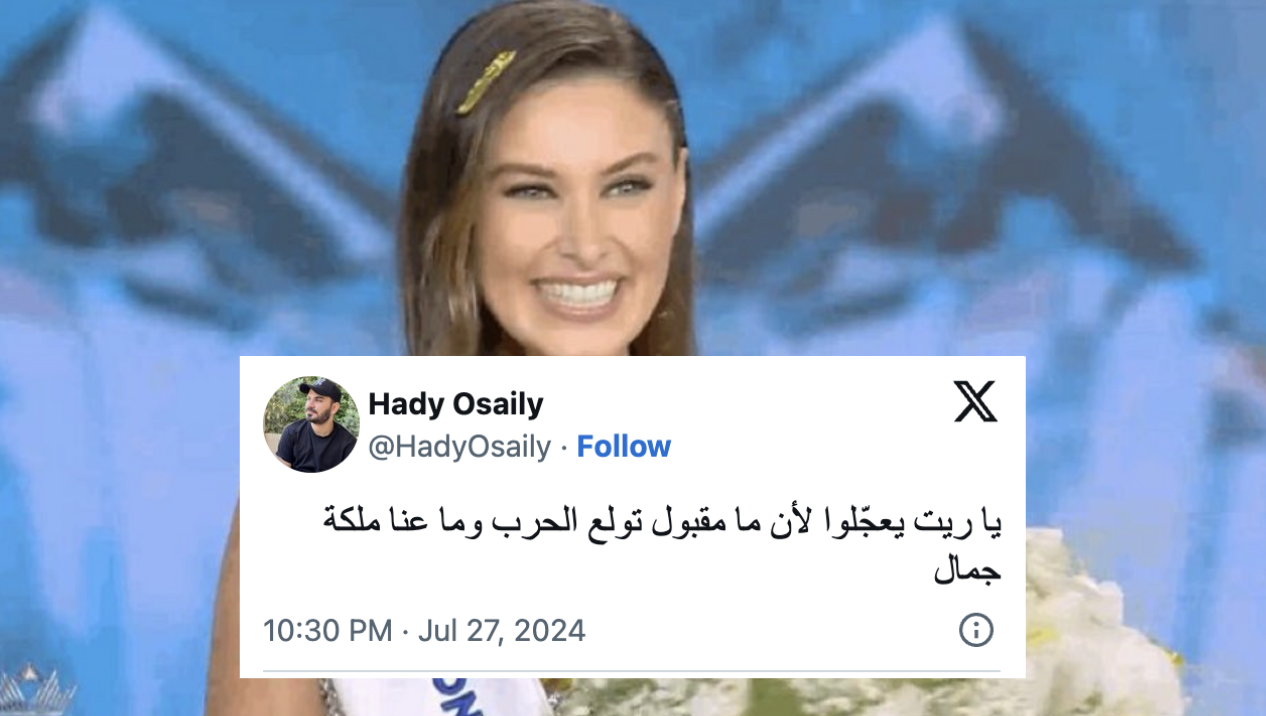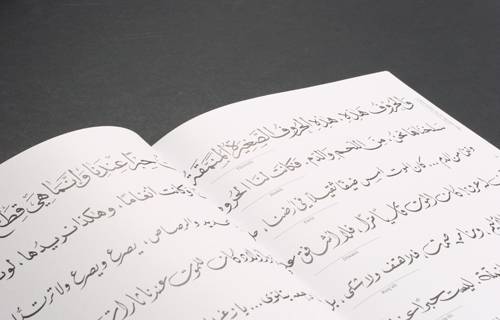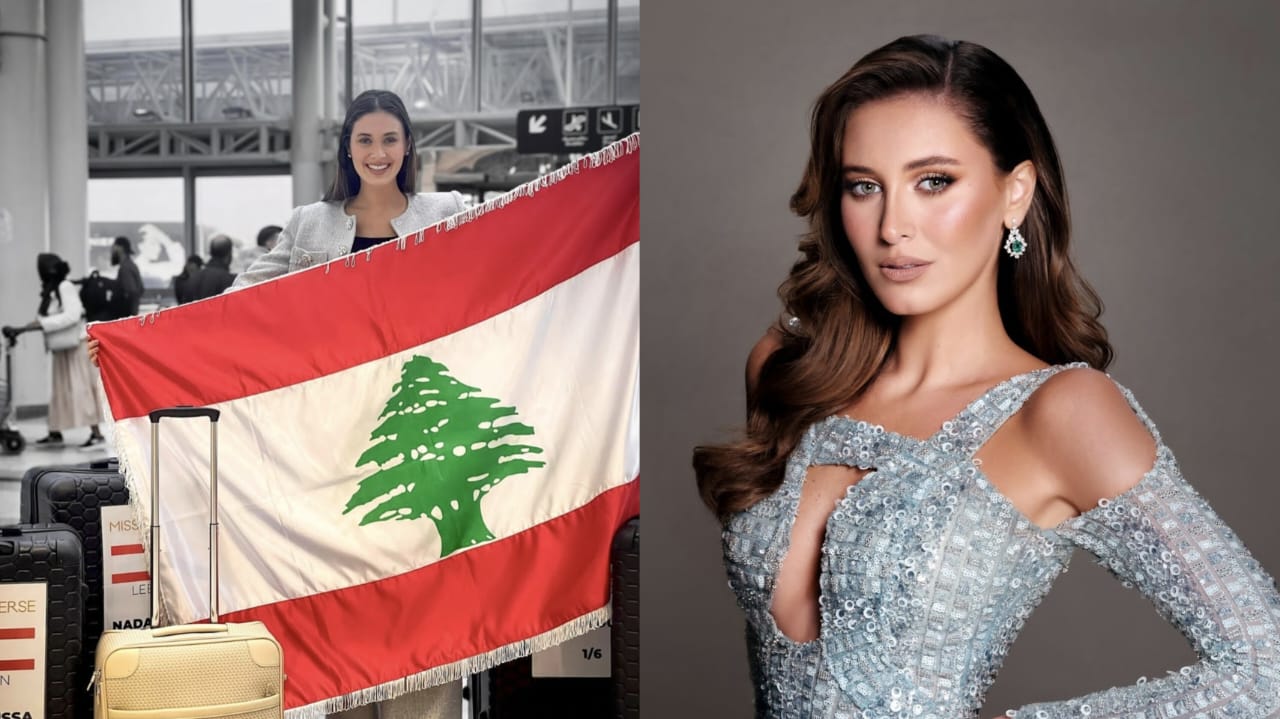Lebanese Poetry in Motion: From Said Akl To Gibran Khalil And Beyond
The death of Centenarian poet and playwright, Said Akl, last year, may have marked the end of an era in Lebanese literature. Akl had been described as a ‘Giant of Poetry’, having influenced the world of the written word not only through his own penmanship but also by inventing a new alphabet. High profile and occasionally controversial, he certainly made his mark. In the wake of Akl’s passing, what does the current state of Lebanese literature look like?
Ask a Lebanese person to list their favorite Lebanese poets, and it is more likely than not that names such as Gibran Khalil Gibran and Said Akl will be mentioned. After conducting an informal survey through friends and colleagues, I noticed the prevalence of male poets from times long-gone and a disappointing lack of female, young or contemporary poets among the names offered.
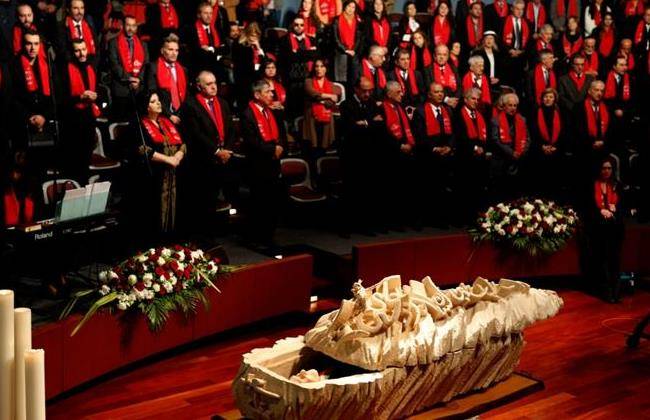
(Photo via Tumblr)
The Gibrans of the world of poetry are well-known, and well-loved, not just in Lebanon, but internationally. So much so that that it has become an almost universal custom for Gibran’s ‘On Marriage’ passage from ‘The Prophet’ to be read at weddings. Without denying the brilliance of Gibran, or any other poets of his caliber, it would appear on first glance that an injection of diversity in this genre would not go amiss.
Elitism in poetry is nothing new, and is certainly not a Lebanese phenomenon, but one that has been noted universally throughout history. I wanted to look beyond this and find out about fresh and emerging poets, to see what a new era of Lebanese literature may look like. I found several exciting, contemporary poetry movements that seek to breathe new life into the scene.
I spoke with Maha Beidoun of Poetry Out Loud, a movement started in Beirut in 2010, with the purpose of encouraging writers to express themselves in an open forum, and to raise awareness about contemporary poetry through various events.
“My idea was to have the poets as partners in this venture – their only investment would be to participate. Proceeds from the tickets would be shared with them. Because why not make a living from poetry? We had one event only – it was a lovely event. Then when we were trying to get sponsors for the next event. Not many seemed interested,” Beidoun told Beirut.com.
She went on to say that she believes that there is plenty of interest in contemporary poetry, but a lack of financial investment in the scene.
Another venture, Haven For Artists, is a collective that also organizes events, including spoken word sessions, with the aim to create a stage ‘for the underground artists of today and tomorrow in Beirut city.’
Dayna Ash, Director of Haven, told Beirut.com a bit about the events held: “Haven thus far is known for incorporating a multitude of art forms in one night; spoken word, music and visual arts (painting, illustrations, performance art, etc.) Our nights encompass all of these art forms for one night every 6-8 weeks. We also host monthly local and international short film screenings and jam sessions,” she added.
When asked if she felt there is much interest in contemporary poetry and whether the scene is growing, Ash remarked, “the art scene in the Middle East as a whole is growing. People have grown bored of the strife and the protests and have turned to art and expression in order to vent and elaborate their needs and protests. This is the time for Middle Eastern artist to speak up, regardless of the vessel they choose. Art is universal and has begun to divulge from the artist their innermost yearnings. Thus far, the art scene has only been growing, there has been so much censorship in so many other channels that artists have united under the premise of expression and inspiration… So, in short, the scene is not only growing, it has begun to manifest the intention and dreams of a generation, grasping at freedom with paintbrushes, pens and guitars.”
Groups like Poetry Out Loud and Haven For Artists not only open the door to diversity within the genre, but they also seem to test the boundaries as to what poetry really is.
In Ash’s words, “poetry has now become more than it was only pegged to be, an elitist art form or whatnot. Poetry now is everything; it is a spoken and written form of intent. It is slam, spoken, free verse, and so on. It no longer has a predefined route; there is no need for structure if there is flow; there is no need for rhyme if there is coherent content. Poetry and art have began to be redefined as freedom of expression in all of its glory, regardless of the laws and rules that sculpted it originally, therefore it is everyone’s child and everyone’s ambition, irrelevant of who wrote the piece. As long as it stands on its own, it is poetry.”
This redefining of what poetry actually is, and expanding the boundaries to make room for different types of expression, seems key to a new era in the genre. So, it may not be poetry as we know it, or as we had known it, but something a new – actual poetry in motion.
1
